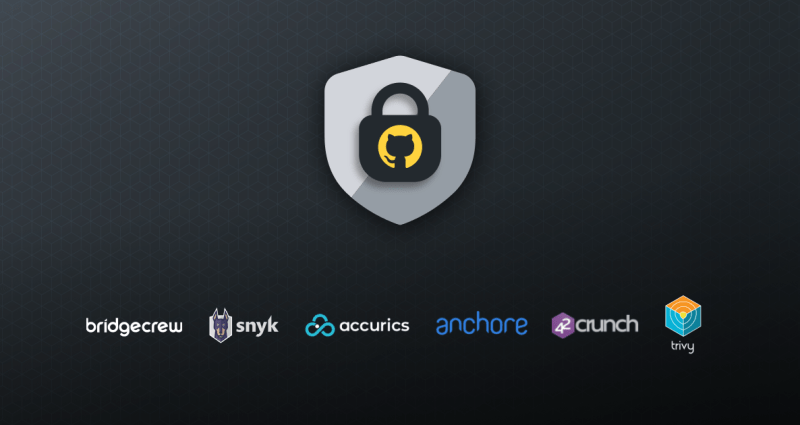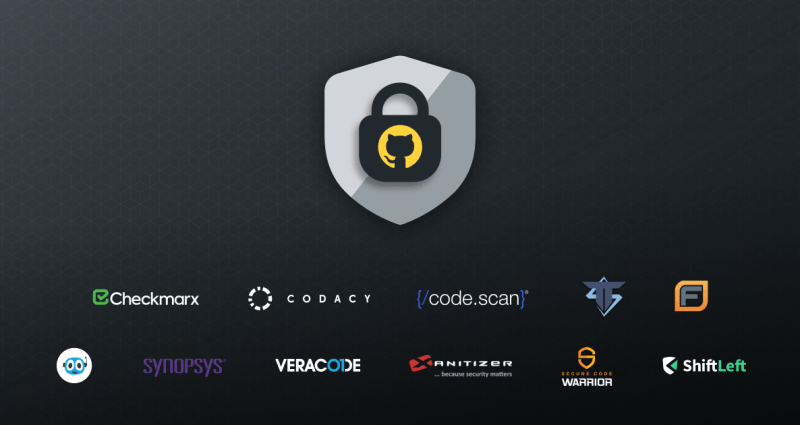
Avoiding npm substitution attacks
Supply chain attacks are a reality in modern software development. Thankfully, you can reduce the attack surface by taking precautions and being thoughtful about how you manage your dependencies. We…
Category

Supply chain attacks are a reality in modern software development. Thankfully, you can reduce the attack surface by taking precautions and being thoughtful about how you manage your dependencies. We…

Security vulnerabilities can be unpleasant to address, and that only gets worse the more you have. When you’re dealing with a large volume of vulnerabilities, you need to be able…

We’ve made huge advances in our security features at GitHub in 2020, with launches for code scanning, secret scanning, Dependabot version updates, dependency review, and more.

In celebrating GitHub Security Lab’s one-year anniversary, we explained that we’re expanding our research focus. Why did we make this decision? The decision stemmed from our work with the Open…

Last year at GitHub Universe, we introduced the GitHub Security Lab, which is committed to contributing resources, tooling, bounties, and security research to secure the open source ecosystem. We know…

Dependency review allows you to easily understand your dependencies before you introduce them to your environment. As part of a pull request, you can see what dependencies you’re introducing, changing, or removing, and information about their vulnerabilities, age, usage, and license.

In July 2020, we announced our intent to require the use of token-based authentication (for example, a personal access, OAuth, or GitHub App installation token) for all authenticated Git operations.…

To best apply DevSecOps principles to improve the security of your supply chain, you should ask your developers to declare your dependencies in code; and in turn provide your developers with maintained ‘golden’ artifacts and automated downstream actions so they can focus on code.

In this blog post we demonstrate how to integrate the GitHub Advanced Security code scanning capability into our Azure DevOps Pipelines. We provide code snippets and examples that can guide you or your developers working to integrate Code Scanning into any 3rd Party CI tool.

Last week we launched code scanning out of beta and have since announced integrations with static analysis and developer security training solutions. By expanding our GitHub security ecosystem, developers can…

Last week, we launched code scanning for all open source and enterprise developers, and we promised we’d share more on our extensibility capabilities and the GitHub security ecosystem. Today, we’re…

Now available, code scanning is a developer-first, GitHub-native approach to easily find security vulnerabilities before they reach production.

We recently shipped support for the origin-bound draft standard for security codes delivered via SMS. This standard ensures security codes are entered in a phishing-resistant manner. It accomplishes this by binding an SMS with…

In this interview, we dig deeper with Maya Kaczorowski on what DevSecOps is, and how to apply it. It’s a mindset shift in how development teams think about security. DevSecOps is about making all parties who are part of the application development lifecycle accountable for security of the application.

At GitHub, we spend a lot of time thinking about and building secure products—and one key facet of that is threat modeling. This practice involves bringing security and engineering teams…